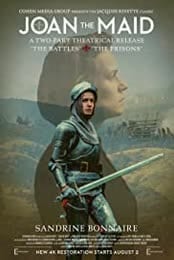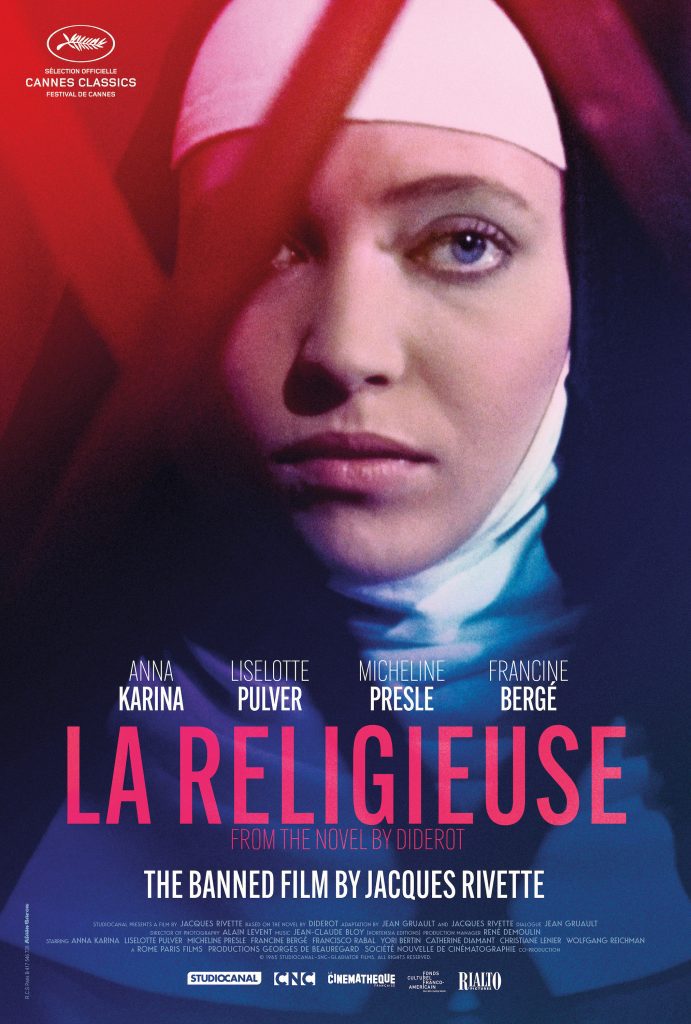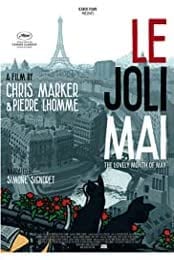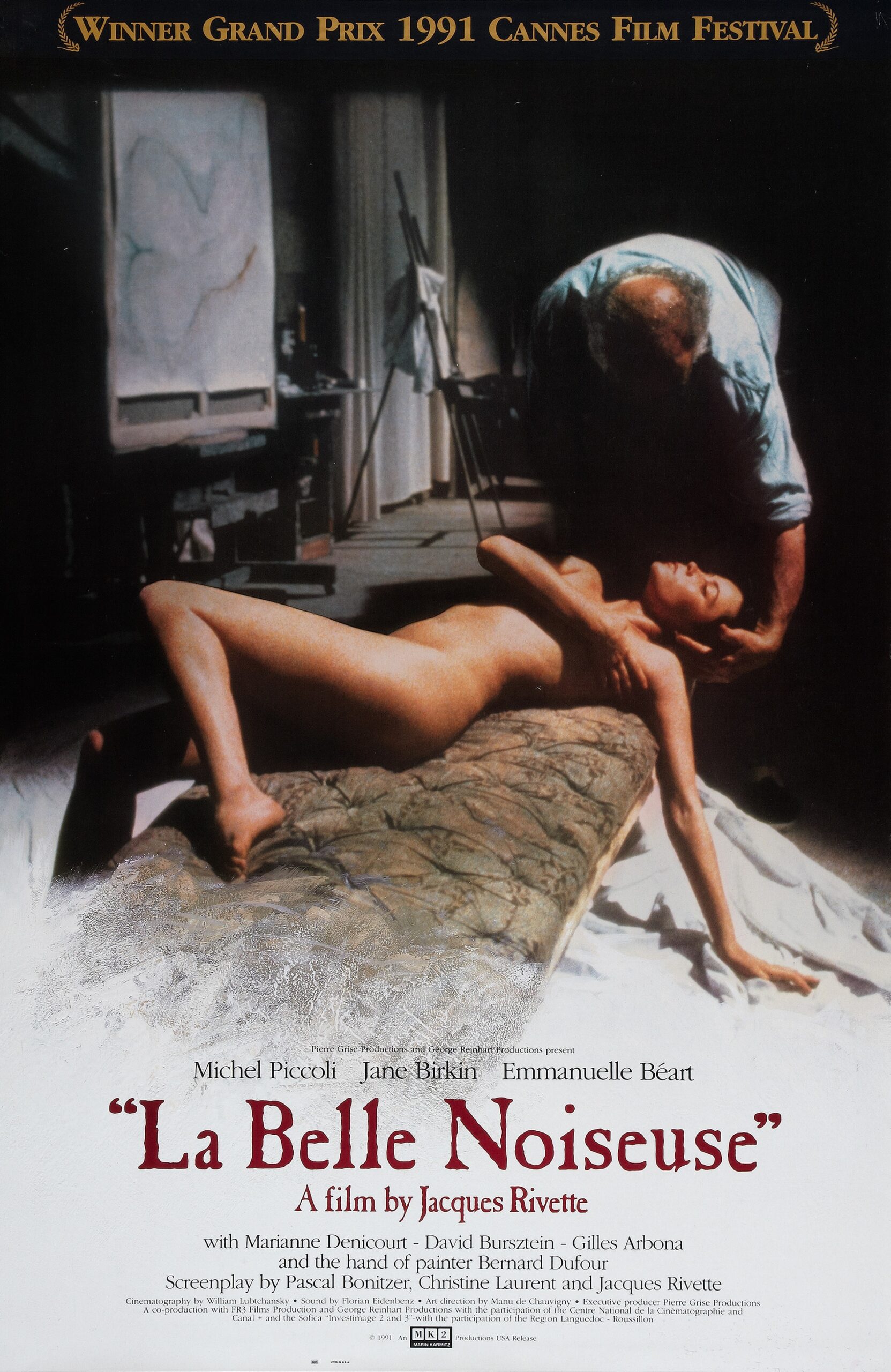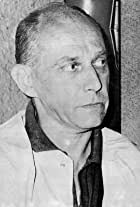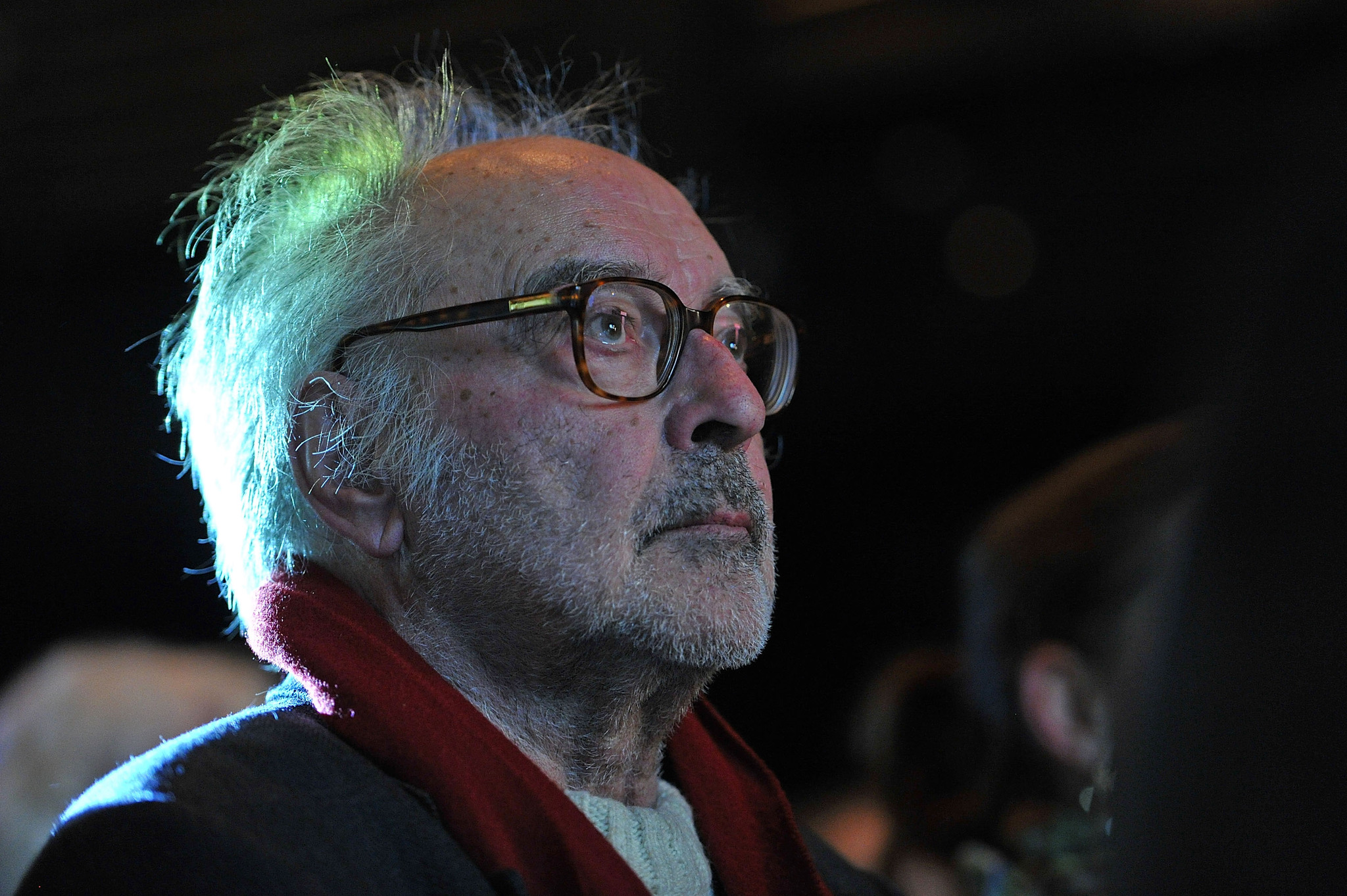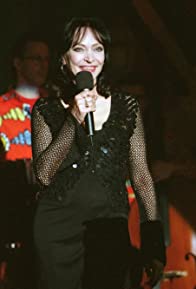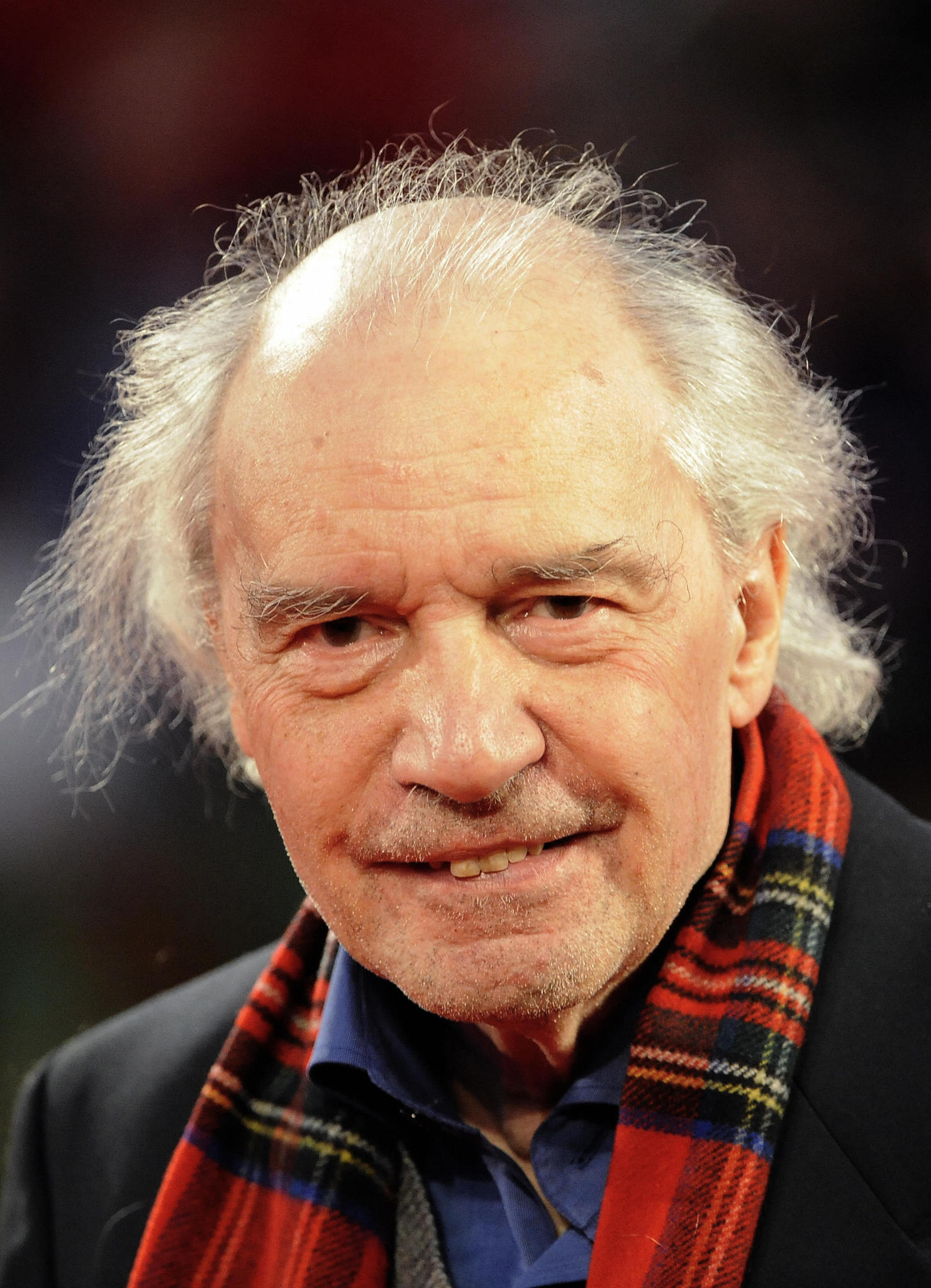
Jacques Rivette
Birthdate – March 1, 1928 (96 Years Old)
Birthplace – Rouen, Seine-Inférieure [now Seine-Maritime], France
Although François Truffaut has written that the New Wave began “thanks to Rivette,” the films of this masterful French director are not well known. Rivette, like his “Cahiers du Cinéma” colleagues Truffaut, Jean-Luc Godard, Claude Chabrol and Éric Rohmer, did graduate to filmmaking but, like Rohmer, was something of a late bloomer as a director. He made two shorts (At the Four Corners (1949) and The Quadrille (1950), starring Jean-Luc Godard); in the mid-1950s he served as an assistant to Jean Renoir and Jacques Becker; and in 1958 he was, along with Chabrol, the first of the five to begin production on a feature-length film. Without the financial benefit of a producer, Rivette took to the streets with his friends, a 16mm camera, and film stock purchased on borrowed money. It was only, however, after the commercial success of Truffaut’s The 400 Blows (1959), Resnais’ Hiroshima Mon Amour (1959) and Godard’s Breathless (1960) that the resulting film, the elusive, intellectual, and somewhat lengthy (135 minutes) Paris Belongs to Us (1961), saw its release in 1960. In retrospect, Rivette’s debut sketched out the path which all his subsequent films would follow; PARIS NOUS APPARTIENT was a monumental undertaking for the critic-turned-director, with some 30 actors (including Chabrol, Godard and Jacques Demy), almost as many locations, and an impenetrably labyrinthine narrative. His next film, the considerably more commercial The Nun (1966), was an adaptation of the Diderot novel which Rivette had staged in 1963. The least characteristic of all his features, it was also his first and only commercial success, becoming a succèss de scandal when the government blocked its release for a year. Rivette’s true talents first made themselves visible during the fruitful period, 1968-74. During this time he directed the 4-hour Mad Love (1969), the now legendary 13-hour Out 1 (1971) (made for French TV in 1970 but never broadcast; edited to a 4-hour feature and retitled Out 1: Spectre (1972)), and the 3-hour Celine and Julie Go Boating (1974), his most entertaining and widely seen picture. In these three films, Rivette began to construct what has come to be called his “House of Fiction”–an enigmatic filmmaking style influenced by the work of Louis Feuillade and involving improvisation, ellipsis and considerable narrative experimentation. Unfortunately, Rivette seems to have no place in contemporary cinema. On the one hand, his work is considered too inaccessible for theatrical distribution; on the other, although his revolutionary theories have influenced figures such as Jean-Marie Straub & Danièle Huillet and Chantal Akerman, he is deemed too commercial to be accepted by the underground cinema; he still employs a narrative and uses “name” actors such as Jean-Pierre Léaud, Juliet Berto, Anna Karina and Maria Schneider. Since CÉLINE AND JULIE, Rivette’s career has been as mysterious as one of his plots. In 1976 he received an offer to make a series of four films, “Les Filles du Feu.” Duelle (1976), the first entry, received such negative response that the second, Noroît (une vengeance) (1976)–which some critics call his greatest picture–was held from release. The final two installments (one of which was due to star Leslie Caron and Albert Finney) were never filmed. The 1980s proved no kinder. He made five films, but only one of them, Love on the Ground (1984), opened in the US (it received disastrous reviews). Although he continues to be an innovative and challenging artist, Rivette has failed to find the type of audience that has contributed to the commercial success of his New Wave compatriots.



